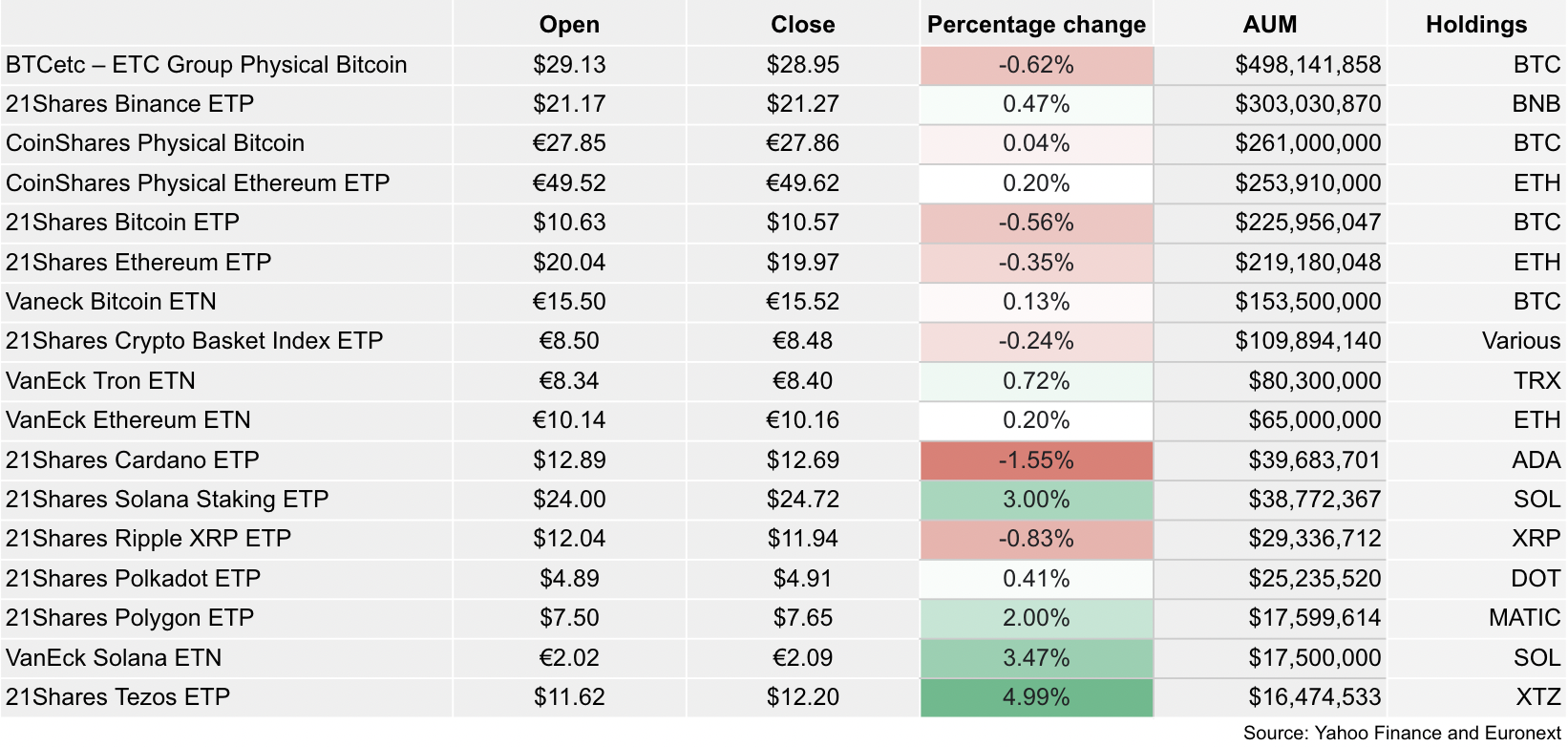When most people consider what it takes to run a successful bitcoin mining operation, the price of the digital asset or the availability of so-called mining rigs come to mind.
Weather also matters.
In a recent episode of The Scoop, Marathon CEO Fred Thiel talked through the logistics of Marathon’s new West Texas plant, including how extreme weather conditions affect miner productivity.
As Thiel explains, temperature extremes in both directions have a direct impact on the energy demanded from the grid:
“If it’s 105 degrees in Austin, I bet you there’s a lot of air conditioning running and it’s running 24/7 versus just between 4 and 9. And then, in the opposite weather conditions, when it’s really cold, people are running their heaters.”
Still, in these periods of extreme temperature, Thiel says bitcoin mining operations can act as “energy capacitors,” since miners are able to switch off their machines and provide the energy they were consuming directly to the grid.
Marathon has a contract with the Electric Reliability Council of Texas (ERCOT) through which its mining operations can be temporarily halted if the grid needs more power:
“They can just curtail us and then we shut down for an hour or 2 hours, whatever it is they need, and then we come right back online. You can’t do that with food processing industries, you can’t do it with steel, you can’t do it with most manufacturing — it’s a very unique, symbiotic relationship that bitcoin mining and the power industry can have in this regard.”
The impact of weather was on display this week with high temperatures in Texas leading to record-breaking usage of power.
As reported by The Block, many Bitcoin miners in the state have set agreements with ERCOT to power down at peak energy demand times. Advocates say this kind of flexibility can be an asset to the grid.
Outside of the fluctuations in energy demand caused by temperature extremes, another way weather affects bitcoin mining is related to overheating the machines themselves, as Thiel explained during the interview:
“Where the high heat affects the mining industry is when the temperature starts getting into the 100 degree range… Then all of a sudden you have to start shutting down miners just because they overheat.”
Marathon is stocking the forthcoming West Texas facility with Bitmain S19 miners, which are rated for operation between 0-40 degrees celsius (32-104 fahrenheit), according to the product specifications from Bitmain’s website.
While the Texas climate is a force to be reckoned with, miners are still able to remain operational for most of the year, according to Thiel:
“When you balance it out over the course of the year, you can most probably even with severe heat spikes and curtailment resulting from that and then cold spells in the winter, you’re still most probably over 90% uptime.”
To hear more about Marathon’s bitcoin mining operation, listen to the full episode now.
© 2022 The Block Crypto, Inc. All Rights Reserved. This article is provided for informational purposes only. It is not offered or intended to be used as legal, tax, investment, financial, or other advice.
Go to Source
Author: Davis Quinton

